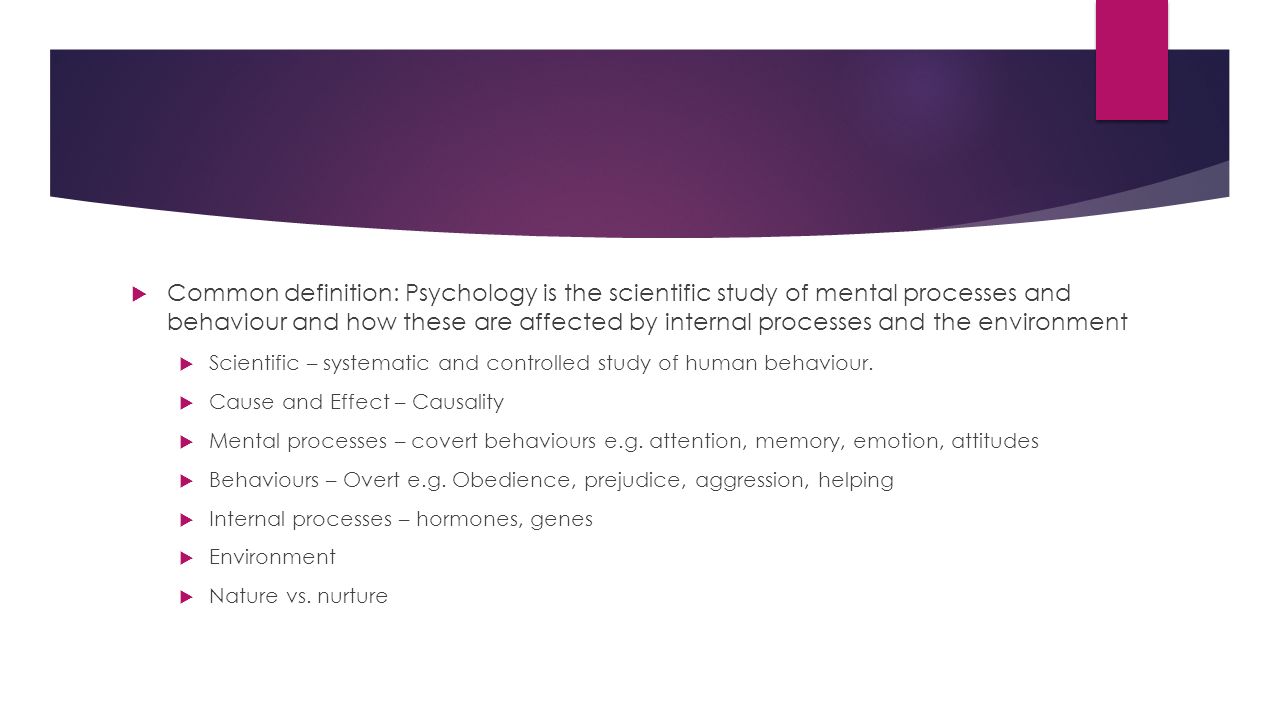
This researcher might then check to see whether participants’ scores on the brief test are strongly correlated with their scores on the longer one.

For example, a researcher might evaluate the validity of a brief extraversion test by administering it to a large group of participants along with a longer extraversion test that has already been shown to be valid.

As such, I must rely on the correlational research strategy I must simply measure the frequency that people use cannabis and measure their memory abilities using a standardized test of memory and then determine whether the frequency people use cannabis use is statistically related to memory test performance.Ĭorrelation is also used to establish the reliability and validity of measurements. For example, while I might be interested in the relationship between the frequency people use cannabis and their memory abilities I cannot ethically manipulate the frequency that people use cannabis. Specifically, this strategy can be used to describe the strength and direction of the relationship between two variables and if there is a relationship between the variables then the researchers can use scores on one variable to predict scores on the other (using a statistical technique called regression).Īnother reason that researchers would choose to use a correlational study rather than an experiment is that the statistical relationship of interest is thought to be causal, but the researcher cannot manipulate the independent variable because it is impossible, impractical, or unethical. Recall two goals of science are to describe and to predict and the correlational research strategy allows researchers to achieve both of these goals. The first is that they do not believe that the statistical relationship is a causal one or are not interested in causal relationships. There are many reasons that researchers interested in statistical relationships between variables would choose to conduct a correlational study rather than an experiment. Explain why correlation does not imply causation.Ĭorrelational research is a type of non-experimental research in which the researcher measures two variables and assesses the statistical relationship (i.e., the correlation) between them with little or no effort to control extraneous variables.

Interpret the strength and direction of different correlation coefficients.Explain why a researcher might choose to conduct correlational research rather than experimental research or another type of non-experimental research.Define correlational research and give several examples.


 0 kommentar(er)
0 kommentar(er)
